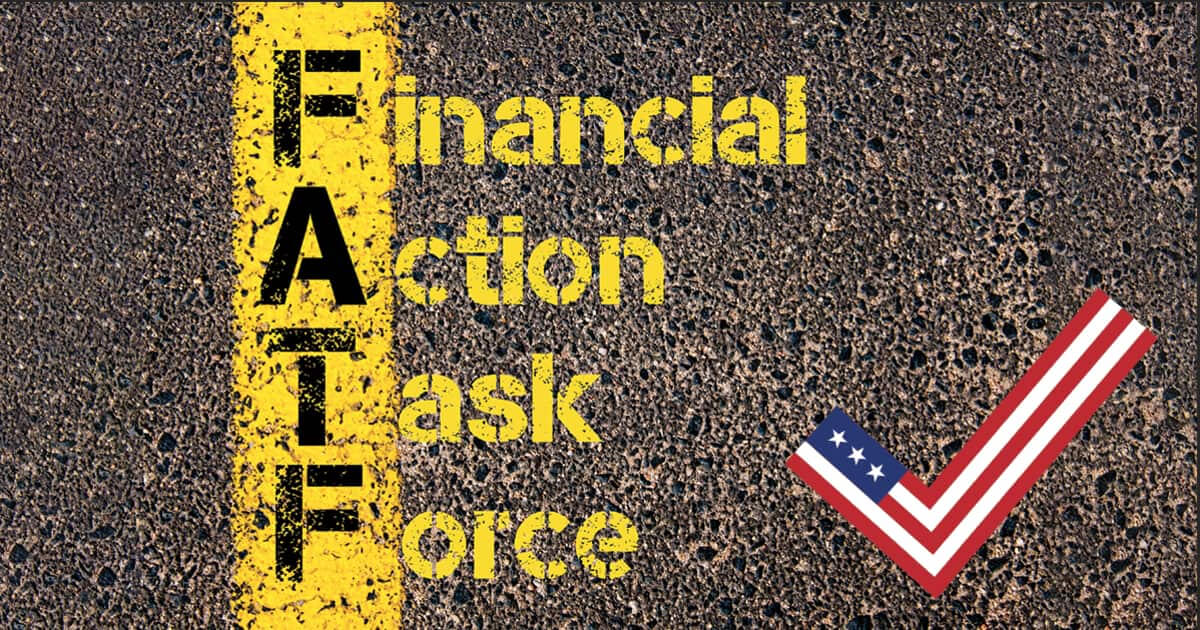FATF Assessment Finds Majority of US Exchanges are Compliant with Virtual Asset Guidance
Lucas Cacioli Apr 02, 2020 10:00
The Financial Action Task Force (FATF) has published an assessment of the US’s compliance with its revised criteria for anti-money laundering (AML) and terrorist financing (CTF) through virtual assets and found that most virtual asset providers are compliant.

The Financial Action Task Force (FATF) has published an assessment of the US’s compliance with its revised criteria for anti-money laundering (AML) and terrorist financing (CTF) through virtual assets and found that most virtual asset providers are compliant. 
Recommendation 15 - Travel Rule
It began in June of 2019, one of the most authoritative regulatory organizations worldwide, the Financial Action Task Force (FATF), issued new guidelines on how digital assets should be regulated.
A point that caused great concern and confusion for exchanges was the “travel rule,”: which refers to section 7(b) in the Interpretative Note to Recommendation 15 in the FATF Guideline, which requires Virtual Asset Service Providers (VASPs) to collect and transfer customer information during transactions.
While the recent FATF assessment concludes that, “the US remains rated as Largely Compliant with R.15," it still cited minor deficiencies such as the requirement for US-registered money services to only be obligated to keep records of transactions of $3,000 or more, a limit three times that recommended by FATF, which the regulatory watchdog believes could be manipulated by bad actors. From the assessment, FATF wrote,“This higher threshold is not clearly supported by low ML/TF risks.”
The FATF also concluded that US Regulators, such as FinCEN and the SEC, are also behind in their investigations of convertible virtual currency (CVC) business. The watchdog was critical of the US Regulating bodies’ strategy which “does not specifically identify higher risk virtual asset service providers (VASP),” making their “various” examinations of high-volume exchanges and peer-to-peer networks insufficient.
Advantages of the Travel Rule
In a previous interview with RegTech expert and CEO of IComply, Matthew Unger told Blockchain.News about the advantages of implementing Recommendation 15 despite the concerns of many VASP and exchange operators.
Unger said, “First and foremost, there’s the mainstream adoption—because this is the last piece of compliance needed for crypto assets to be held to the same standard as the rest of the financial industry.”
“Secondly, without the FATF travel rule or something similar to the travel rule, the security token industry will never survive because every platform is creating its own protocol, which is causing massive fragmentation.” He concluded, “Finally, the use of the travel rule enables more institutional investors to trade cryptocurrencies for their clients while lowering the cost and manual compliance work required for each trade."
Image source: Shutterstock
.jpg)